 “My cancer scare changed my life. I’m grateful for every new, healthy day I have. It has helped me prioritize my life.” – Olivia Newton-John
“My cancer scare changed my life. I’m grateful for every new, healthy day I have. It has helped me prioritize my life.” – Olivia Newton-John
You’ve just learned you have cancer and it is called Multiple Myeloma. Most of you will have never heard of it. Most of you will have had symptoms for sometime but didn’t know and some of you will have had a traumatic event that led to your diagnosis.
My guess is, that like most, you are frightened beyond words, in pain, and meeting new doctors you never thought you would have need for. Some of you may have had cancer in your family or friends who have gone through it and now you are faced with something you have not ever imagined you would be dealing with. Some of you may have even had cancer before, and so you have been there done that, but this is now a new hurdle to overcome.
First thing I want you to do is BREATHE….
Do everything you can to calm your fears and those of your family who will be worried. One of them most likely will be caring for you during this journey. It’s important that while you take this seriously, you do everything you can to minimize the fear and the stress. People around you will do as well as you do. Someone, either you or your caregiver, simply must take the lead on this. In our family, it was me. Dave still knows very little about the nuances of his disease. I on the other hand, dug in and learned what I was comfortable with and filtered the information to him. Sometimes its the patient who knows more and the caregiver just manages the logistics. Whatever works for you needs to evolve. It took us awhile to figure it out, and sometimes I just had to do it the way Dave wanted in order for him to feel comfortable, even if I would prefer to do it another way. Communication and confidence was key and it improved over time. While we may have started out stepping on each other’s feet, eventually we where gliding across the ballroom floor.
Second, if you are in pain, get it under control. I recommend reading my post on Kadian. It is very important that in the throws of dealing with this new crisis in your life and the road that lay ahead, you not be battling pain as well. Yes, you will get addicted, no, you won’t become an addict. And when you can come off the drugs through treatment you will be under the care of your physician and they should help you with this process. If you have past substance abuse issues, make sure your doctor knows this, but you will have to get your pain under control and it usually means narcotics. The choice of those narcotics can make all the difference in the world on getting you stably comfortable and able to function and participate fully in your discussions about treatment options.
Third, don’t rush into any major treatment. Most of you, not all, have some time. Some of you in the most dire of situations may not, such as kidney failure. You will just have to hope that you have a really great hematologist/oncologist that knows what he/she is doing and if not, they know who does. For the rest of us, we can manage the immediate symptoms pretty quickly and then set about learning how much we don’t know about Multiple Myeloma and how far they have come in the research and treatment options available. The internet is a vast resource and my blog and others will lead you to valid, up to date, good resources. If you have found my blog, you are well on your way to finding others that will help you digest your situation and choose your path.
 I’m not going to tell you what to do at this point. I can’t. There are simply no clear answers yet. You will need to look at your goals, your age, your lifestyle, your insurance, your employment, and other health complications, etc. From there you will need to decide whether you want to be aggressive in your efforts to treat MM or if you would rather take a less invasive approach, i.e., manage it as long as you can. Certainly there are thoughts and discussions I could share, but I’m confident you will figure out what is best for you. Different doctors will have vastly different opinions, but the decision has to be yours. You must OWN IT! Even if you agree and like your doctor, I strongly and emphatically, encourage you to get other opinions, even more than two, and that you should actively seek opinions that are different. For instance, a doctor who doesn’t like SCT, a doctor who does, tandem SCTs, and be sure to ask, and this is important, what is their follow-up care?
I’m not going to tell you what to do at this point. I can’t. There are simply no clear answers yet. You will need to look at your goals, your age, your lifestyle, your insurance, your employment, and other health complications, etc. From there you will need to decide whether you want to be aggressive in your efforts to treat MM or if you would rather take a less invasive approach, i.e., manage it as long as you can. Certainly there are thoughts and discussions I could share, but I’m confident you will figure out what is best for you. Different doctors will have vastly different opinions, but the decision has to be yours. You must OWN IT! Even if you agree and like your doctor, I strongly and emphatically, encourage you to get other opinions, even more than two, and that you should actively seek opinions that are different. For instance, a doctor who doesn’t like SCT, a doctor who does, tandem SCTs, and be sure to ask, and this is important, what is their follow-up care?
- Do they endorse maintenance therapy? What and how long?
- What do they do generally if a patient relapses? Understanding that like MM, relapses are vastly different for each patient. But get a general philosophy from the doctor on his/her views.
- Who do they collaborate with? What other researchers in the field studying MM do they talk to?
- How many MM patients have they treated and how many are they currently treating?
- How many SCTs have they done in their career and on average per year, or month?
- Do they do gene expression profiling (GEP) to determine your status as Low Risk or High Risk? (Unless Huntsman or Arkansas, the answer is probably no, but you’ll be doing a lot to further awareness of engaging in this important test for MMers just by asking.)
- Do they attend MM conferences to learn more and see research presentations?
- What support do they have for you and your caregiver for living arrangements and other incidentals that are not medical in nature (A good facility will have you meet with their social worker as part of your consultation process. They will be well versed in many of the support facilities that you will need.)
Whatever list of questions you have for your doctors during the consultation process, try to have the same questions for each of them, allowing for the fact that you will have more generated by their responses. Stick to some basic questions that are the same so you can better gauge their knowledge and uncover any professional arrogance that would prevent them from reaching out to other well known facilities for guidance. It’s not about them, its about you.
In this process you will learn about your disease, the research, different points of view in treatment and understanding of the disease and life expectancy.
Only research facilities will be able to share with you actual numbers of their patients and median time to relapse or death. Individual hematology/oncology physicians do not keep this data, so while you may ask, you won’t get a number. It is the researchers who must collect and publish this data and they are generally very happy to promote their findings to their patient body.
In terms of hope… Dave and I took the view that while long term survivors may still be considered “medically insignificant”, it would be personally significant to us, if Dave was one of those. My advice to you is to look to the long term survivors for inspiration. Understand that many, though not all, have had relapses during their survival years. So if you do relapse, it does not mean it is over for you, though it can be quite disheartening.
Enjoy your good days and forgive yourself for the bad ones. Dave used to apologize to me a lot for sleeping too much, not feeling good, doing nothing. I had to reassure him that I was totally fine and that his body needed whatever time it needed to heal. It is not the same for everyone. I remember as Dave was crawling down the hallways, just a step above needing a wheel chair, I heard about a guy getting his transplant who was walking up and down the 7 flights of stairs everyday to the transplant center! It would have been easy for me to look at Dave and feel he was shirking and whining. The truth is, it is damn hard for most. Our second SCT, Dave breezed through it as if it was nothing and I’m sure people were looking at us in the way that I looked at the guy running up and down 7 flights of stairs! So look to others for hope and inspiration, but realize that it will be what it will be for you and it’s totally OK!
Having a good attitude is often cited as helpful in “fighting cancer”. My view is that whether you believe that or not, having a good attitude will definitely be helpful in overcoming the difficulties of your treatment process.
Talk to others sharing in your journey. But I caution you to be thoughtful about who you gravitate toward. Stick with folks who have a positive outlook on their life and their disease. You simply don’t need pessimism from others in your journey. You have your own stuff to deal with. You can reach out to those folks later on, when you are doing better.
I hope you find some of these tips helpful. I’m not going to lie to you, it is life changing. But how it changes your life is completely within your control with regards to your viewpoint. And that doesn’t just happen either, it evolves and takes some effort and work. So simultaneous to gaining knowledge and picking your treatment path, you will be needing to work on some of the less tangible things. One could argue it is the most important part. Because you can survive treatment and even get into remission and be completely depressed spiritually and mentally if you don’t tackle this along the way. Good luck, and know that while I don’t know you, I and other MMers and caregivers are praying for you and wishing for it to all turn out well for you! Visit some of my blogs links and resources links. These are good people who will offer you some light to help you get out of the darkness.










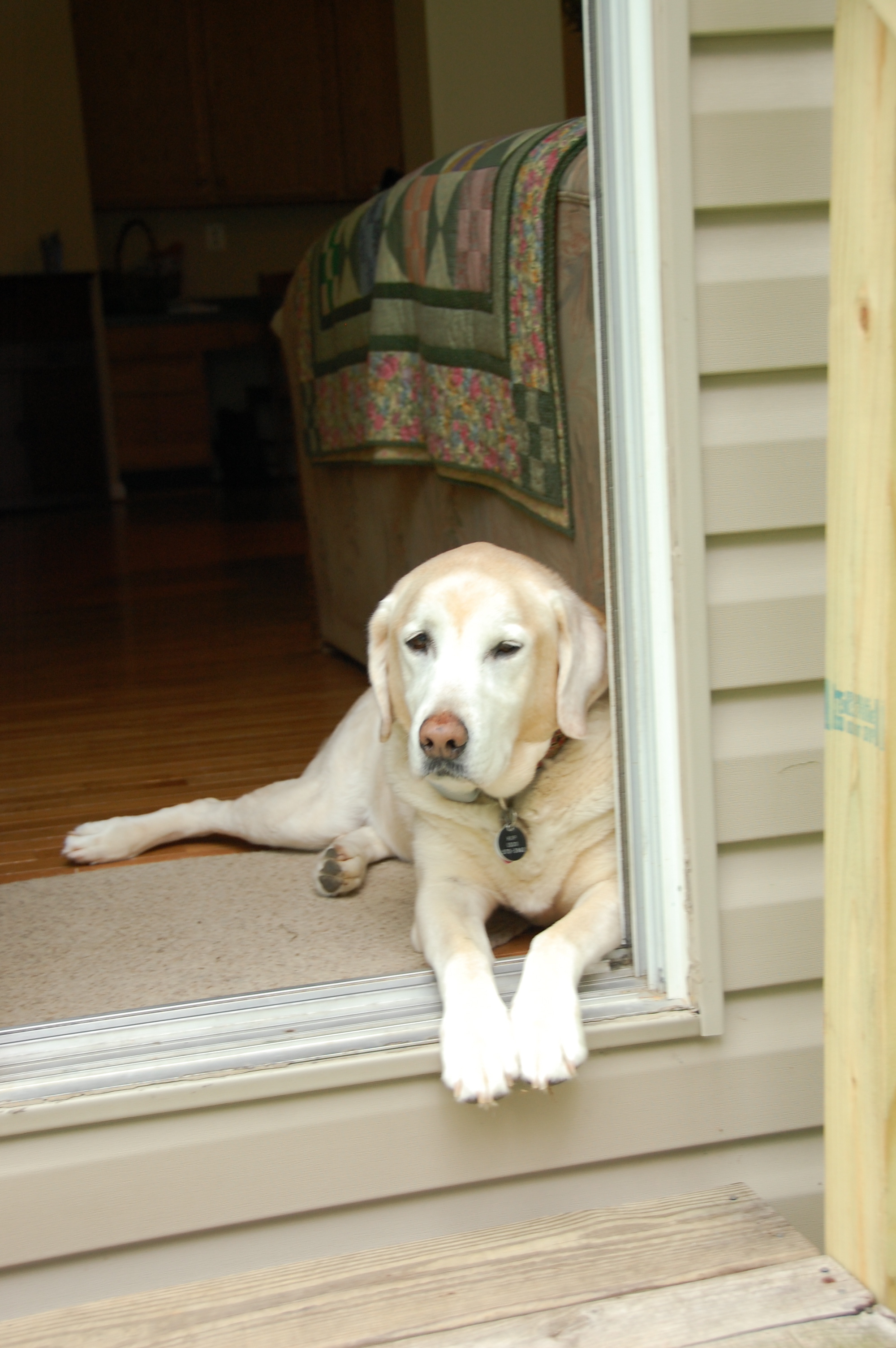
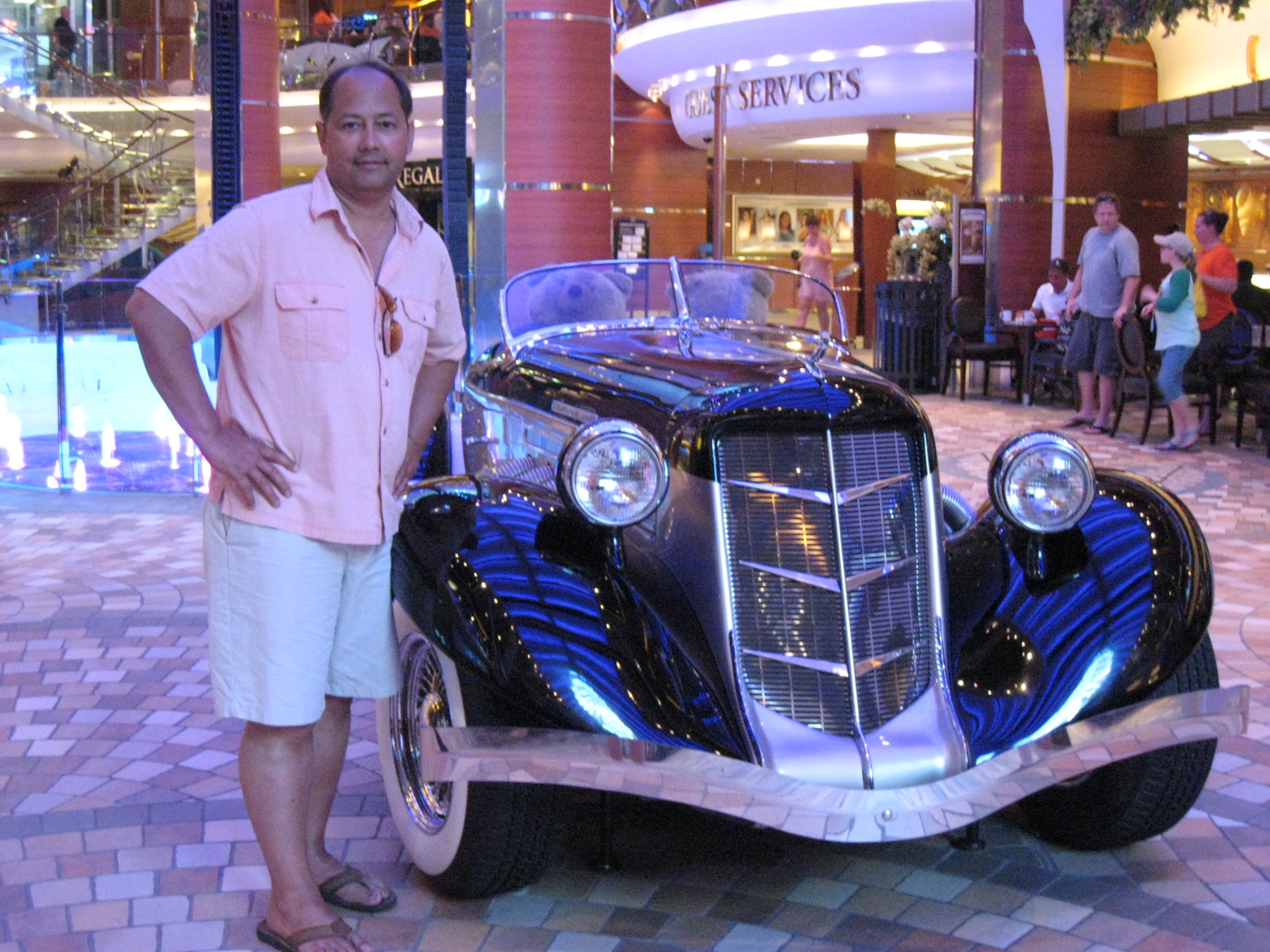

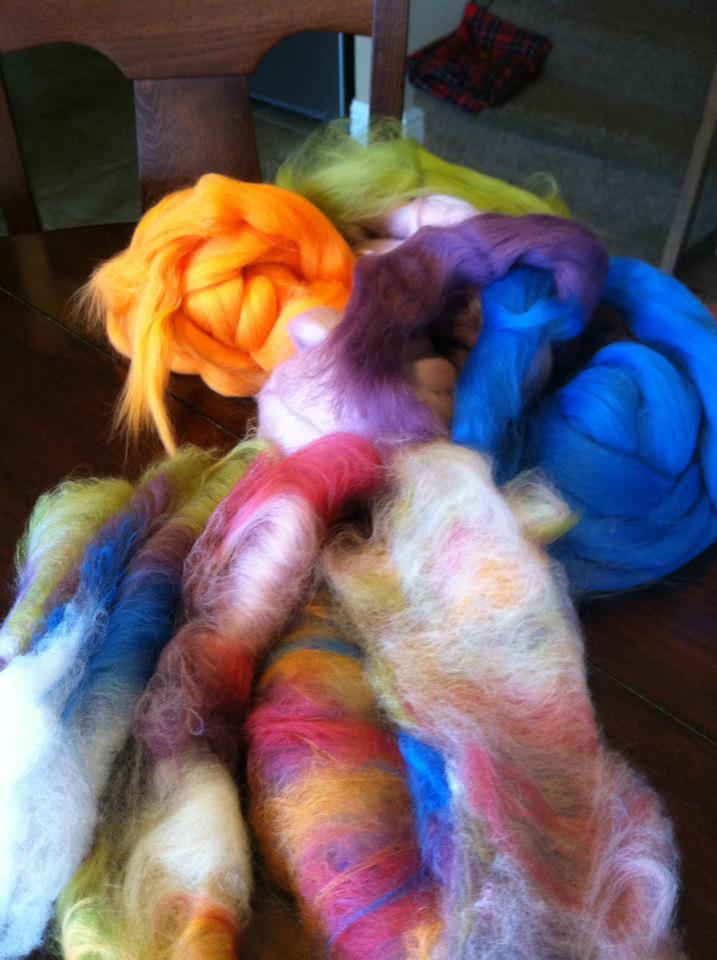



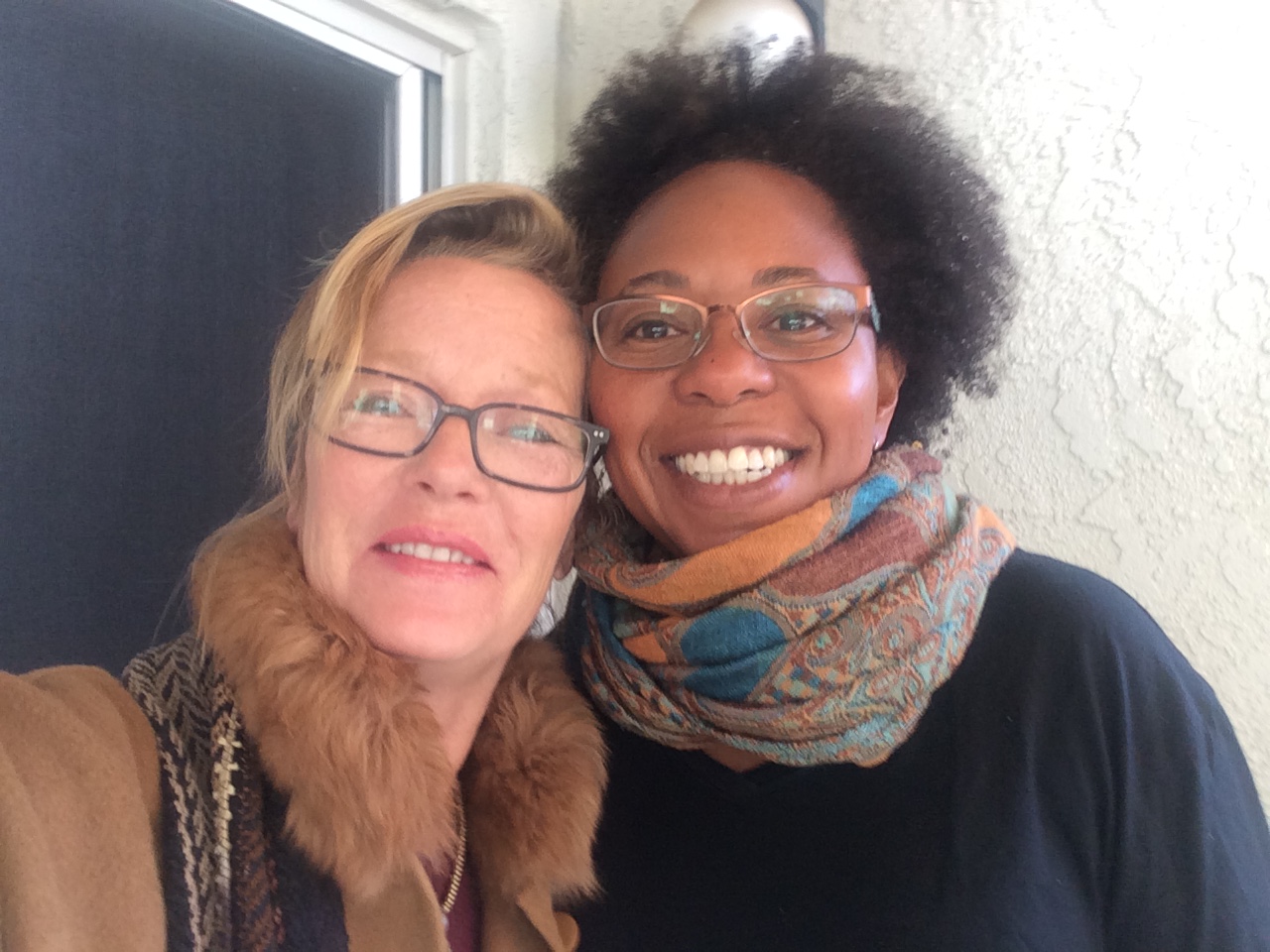
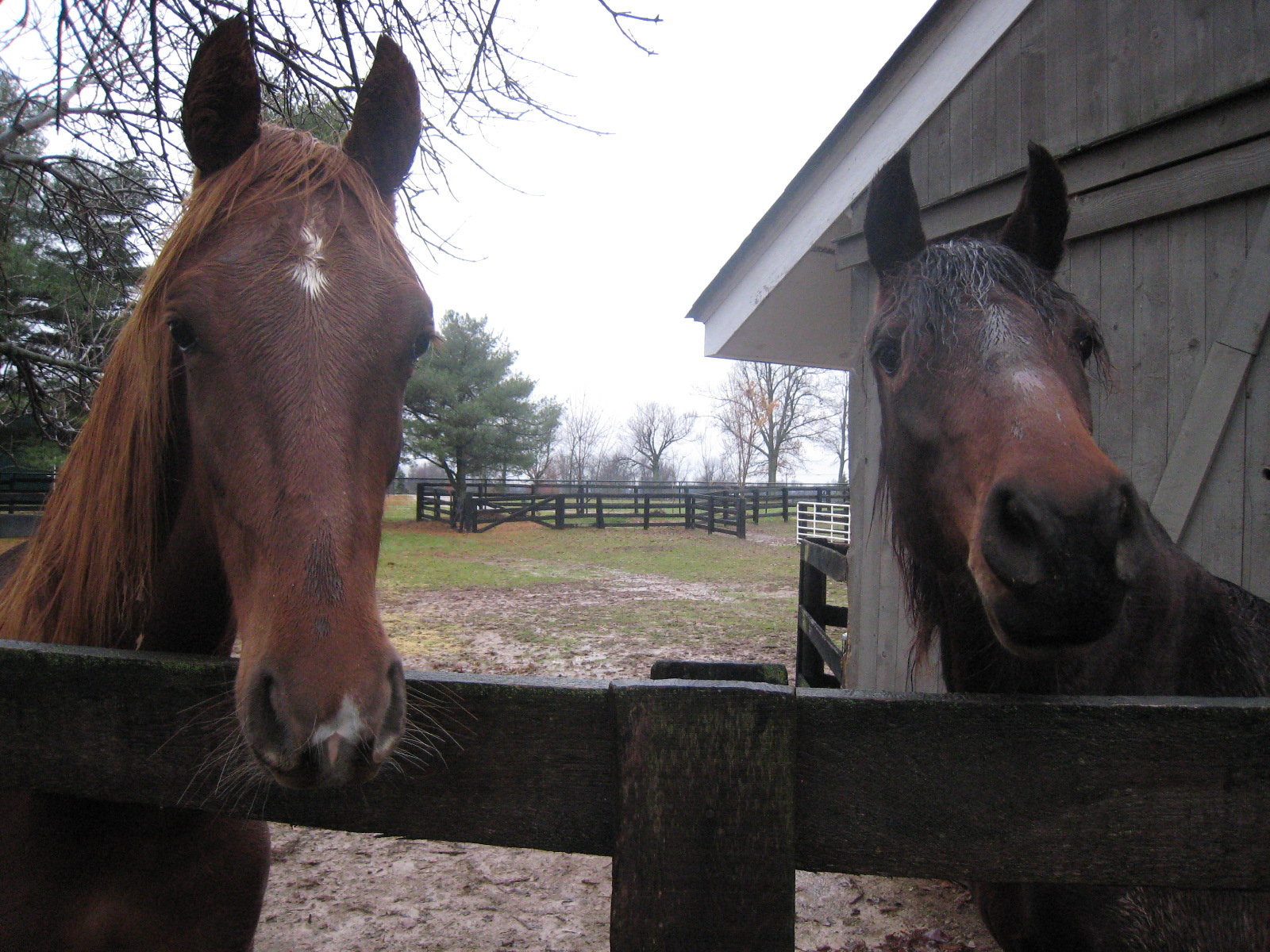


Hugs to you Mike and Mrs. M.O.B.! I absolutely plan to get over there and collect!
Inspirational our lass !!!!! The knowledge about this awful disease, its affects on your family, not least on Dave and how you have dealt with and overcome it are AWESOME !!!!! My own journey benefited so much from your help and advice from a pond and a continent away. Always a pint or 2 on the tab over here for you. Thank you so much for sharing.
I agree Lori; good stuff! Sure wish we at would have had this info at the beginning as well. I can’t imagine the number of people this post will help and encourage. Thanks again!
Thanks you guys! You are my sounding boards and I appreciate very much your always taking the time to let me know that I’m hitting the right points!
I believe that is the single best sharing of insight I’ve read, period! Wow Lori, you’re good–real good
I agree with Sarah….wish I had this article at the beginning! So grateful to have met so many wonderful caregivers & MMers along this journey. Thanks for keeping us informed in your talented way!
Hi Lori-
This was a GREAT post, kiddo! Right on the money. Hoping that you and Dave have a wonderful Easter!
Sarah, thanks for your appreciation for these things, as you are learning fast and furious as you go.
I’m sure The Beacon would have been happy to run it, but they have rules on original, first published, material. They have published two of my articles under their opinion section, and I try to send them things before I post, but sometimes, I just don’t want to wait. I feel an urgency. They have been incredibly supportive of me and list my blog at their website.
As Jan Bertsche says, the friends she makes in this journey are her “Myeloma Blessings”.
Lori: WONDERFUL!! (What more can I say…..but, of course, I will!)
Great info for “newbies”….wish I’d read something like this when we started our journey.
I was the one who had to take the lead (and still do) in Bob’s situation. We didn’t have time to wait, on a “what do we do” decision. He had to start treatment, immediately. Thankfully, we had a young Hemoc who had studied under a MM Specialist, and he continues to confer with him.
You have mentioned several questions that we will need to ask, on our next consult.
I’m so glad you’re in my corner!! What a blessing you’ve been. If there’s anything good about MM, it’s that we slow down and begin to take NOTHING for granted. And, it has brought me many new friends – across the U.S. – friends walking my path.
Keep up the good work…and offer this post to The Myeloma Beacon!!! Everyone needs to read it.